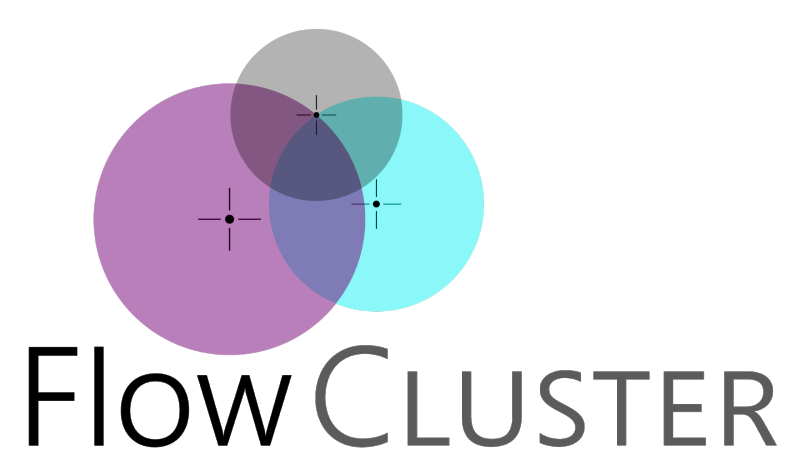
Automated MRD-Assessment in Acute Myeloid Leukemia (AML) A major clinical focus of current international interest lies in the development of robust methodology to assess therapy response in AML, the most dangerous subtype of leukemia in children. FCM could be the most widely available and most broadly applicable methodology for this aim, but there exists no … Continue reading FlowCLUSTER →
The PCB DSLR dataset is meant to facilitate research on computer-vision-based Printed Circuit Board (PCB) analysis, with a focus on recycling-related applications. The dataset contains 748 images of PCBs from a recycling facility, captured under representative conditions using a professional DSLR camera. All images come with accurate PCB segmentation information as well as bounding box information … Continue reading PCB DSLR Dataset →

Indoor Skeleton Tracking Dataset Description This database contains skeleton tracking information obtained by the Asus Xtion pro live sensor in combination with OpenNI. It contains 3 different indoor environments: 90 days of tracking data from a living room, 74 days of tracking data within a kitchen as well as 20 days of tracking data within … Continue reading Indoor Skeleton Tracking Dataset →
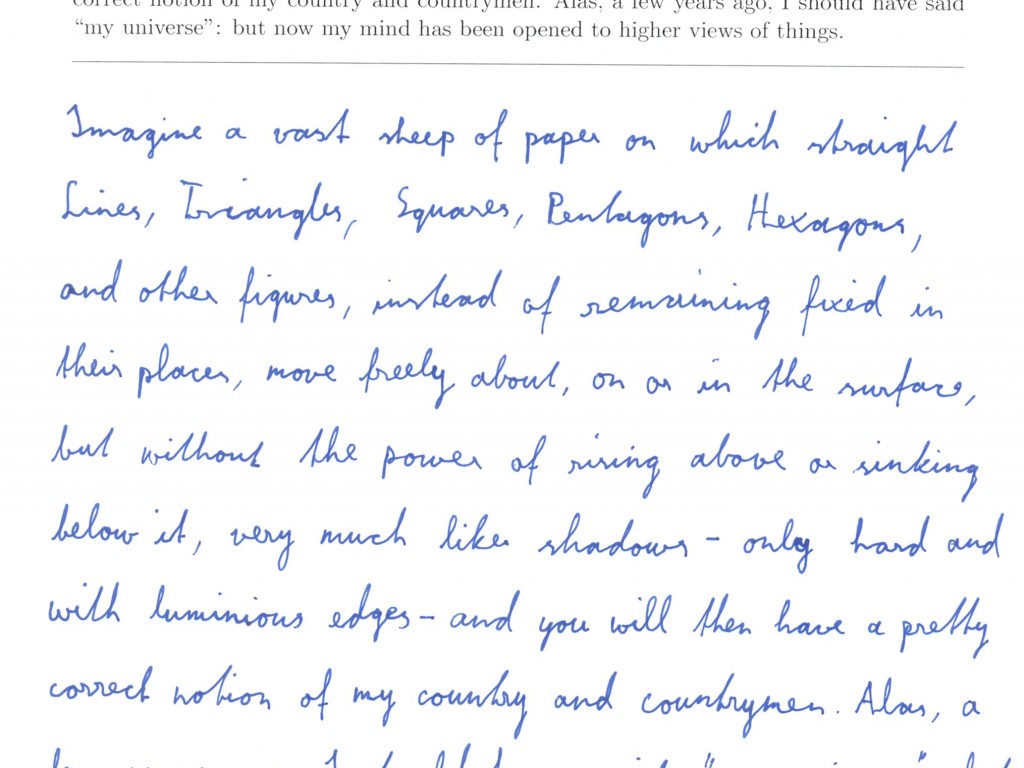
An Off-line Database for Writer Retrieval, Writer Identification and Word Spotting The CVL Database is a public database for writer retrieval, writer identification and word spotting. The database consists of 7 different handwritten texts (1 German and 6 Englisch Texts). In total 310 writers participated in the dataset. 27 of which wrote 7 texts and … Continue reading CVL-Database →

Introduction Handwriting recognition is an open research topic in the document analysis community. We provide two new, freely available real world datasets for an established problem. The competition consists of two independent tasks, namely segmented single Arabic digits and Arabic digit strings. Contributions will be accepted for either of the competitions. The dataset of segmented … Continue reading ICDAR2013 – Handwritten Digit and Digit String Recognition Competition →
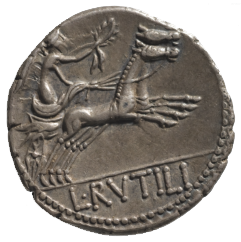
Description The coin image dataset is a dataset of 60 classes of Roman Republican coins. Each class is represented by three coin images of the reverse side acquired at Coin Cabinet of the Museum of Fine Arts in Vienna, Austria. The dataset has been used for evaluation in [1]. Download and Use The dataset is … Continue reading Coin Image Dataset →

SIDIRE: Synthetic Image Dataset for Illumination Robustness Evaluation SIDIRE is a freely available image dataset which provides synthetically generated images allowing to investigate the influence of illumination changes on object appearance. The images are renderings of 3D coin models with different material BRDFs and levels of texturedness. Thus, the dataset makes it possible to directly … Continue reading SIDIRE →

The goal of this project is to analyze snippets of “manually” torn documents. A reconstruction of fragmented writing materials allows to retrieve and to analyze the lost content. This is done on objects of cultural and historic value, or for crime investigation as example. Reassembling algorithms use either the shape of the fragments, the content … Continue reading DIR – Document Information Retrieval →
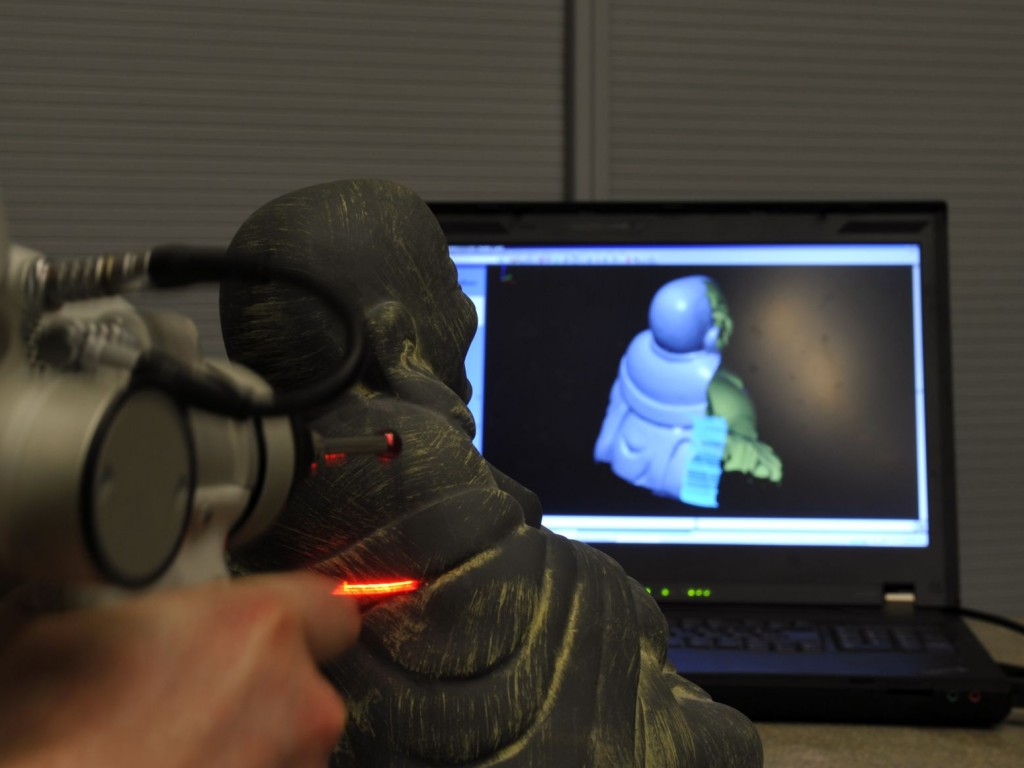
Im laufenden Projekt des Instituts für Kulturgeschichte der Antike der Österreichischen Akademie der Wissenschaften „Zyprische Eisenzeit aus dem Kunsthistorischen Museum Wien“ wird das Scannen der 145 Objekte durch die finanzielle Unterstützung der Kulturabteilung der Stadt Wien ermöglicht. Projekt Details Finanzierung: Kulturabteilung der Stadt Wien Kooperationspartner: Institut für Kulturgeschichte der Antike
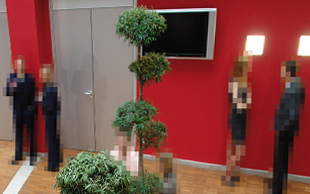
The goal of Privicy is the development of a surveillance system which automatically respects the privacy of people involved. The contribution of CVL is twofold: a scientific background to the problem and a closer look on robust tracking algorithms. The development includes the following steps: Research on State-of-the-Art people tracker and anonymizing algorithms Evaluation of … Continue reading Privicy →









